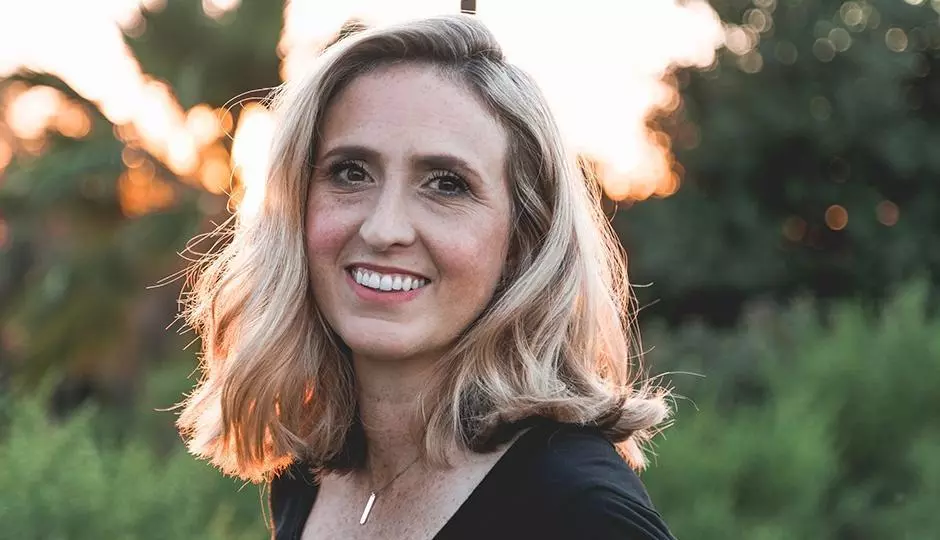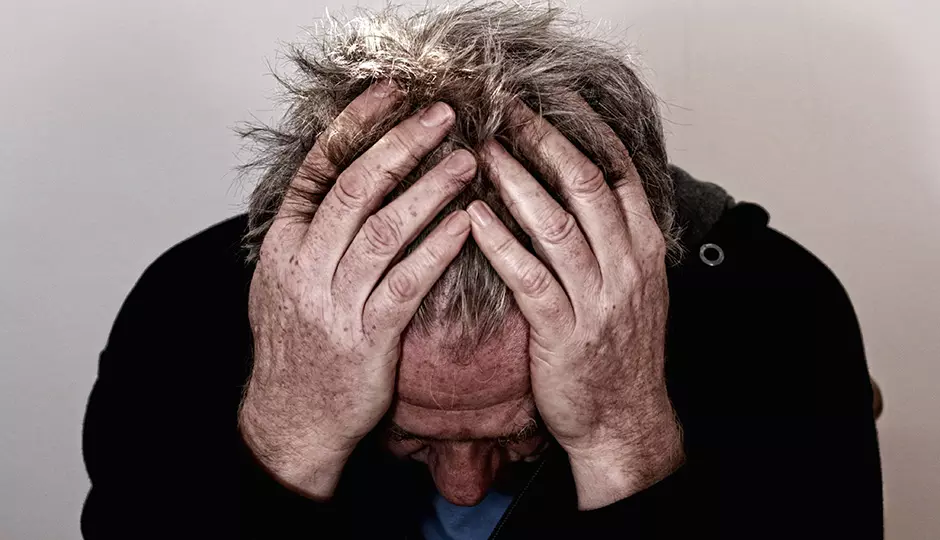Menopause is a natural biological process that all women experience during their lifetime. However, a woman's body undergoes several physical changes during this period as it adjusts to changing hormone levels. Among other symptoms, menopause can cause hot flashes, insomnia, mood swings, and hair loss.
Hair loss in women tends to be subtler than in men. In addition, women tend to experience overall thinning rather than visible bald spots. Usually, thinning occurs over the entire scalp, and often the first indication of an issue is a widening of the part. In some cases, hair may fall out in clumps when showering or brushing your hair.
What Causes Hair Loss During Menopause?
Menopause causes lowered estrogen and progesterone production, which results in a hormonal imbalance. These hormones are critical to hair growth, and when levels drop, hair tends to grow slower and thinner. Your hormonal balance is finely tuned, and a decrease in estrogen and progesterone triggers a corresponding increase in male hormones, known as androgens.
Androgens cause hair follicles to shrink and can damage them permanently. Eventually, the hair follicle can no longer produce hair, resulting in hair loss on the scalp. While hormonal imbalances are a common cause of hair loss during menopause, other factors may contribute.
What Can You Do to Help Prevent Hair Loss?
While your doctor can help you with hormonal imbalances caused by menopause, there are also steps you can take to improve your scalp health and help to prevent hair loss.
Reduce Stress
High-stress levels can lead to a wide range of symptoms. For example, stress is associated with high blood pressure, chest pain, trouble sleeping, and interference with your hair's natural growth cycle.
Telogen effluvium is a hair loss condition that occurs when significant stress causes large numbers of hair follicles to enter the resting stage of the hair growth cycle. Typically, within a few months, affected hair may fall out suddenly from simply combing or washing your hair.
Keeping your stress levels under control can help prevent hormonal imbalances. The reduced hormone production associated with menopause affects your brain chemistry and can lead to mood swings, depression, and anxiety. Regular exercise, yoga, and breathing techniques are effective methods of reducing stress.
Stay Active
Staying active is a vital component of a healthy lifestyle. In addition, exercise can help prevent some of the symptoms of menopause, such as mood swings, weight gain, and insomnia. These factors are all part of maintaining a hormonal balance and promoting healthy hair growth.
There are many ways to incorporate exercise into your daily life, and not all of them require a gym membership. Depending on your abilities, ride a bike, go for a run, or take a walk with a friend.
Eat a Healthy Diet
A healthy diet is vital to keeping your hair healthy and protecting against hair loss. It's essential to eat plenty of whole grains, fruits, and vegetables in every meal and incorporate mono-saturated oils into your diet, like olive oil or sesame oil. Drinking green tea and taking supplements, such as vitamin B6 and folic acid, may also help restore hair growth. Essential fatty acids also play a vital role in hair health and can be found in the following foods:
- Salmon
- Tuna
- Flaxseed oil
- Walnuts
- Almonds
Your Hair Loss Doesn't Have to Be Permanent
Hair loss occurs commonly during menopause, and while it may make you feel self-conscious about your physical appearance, it doesn't have to be permanent. Often, when hormone levels are controlled and return to normal levels, your hair will begin to grow again. There are also treatment options to ensure that your scalp is healthy and optimal for hair growth.
At New Image Hair Clinic, we are experts at dealing with hair loss due to menopause. Our professional staff can help identify any potential factors contributing to hair loss and offer effective solutions to minimize your hair loss like hair restoration systems, topical products and more. To learn more about what you can do about hair loss during menopause, contact us today and schedule your FREE initial consultation.




